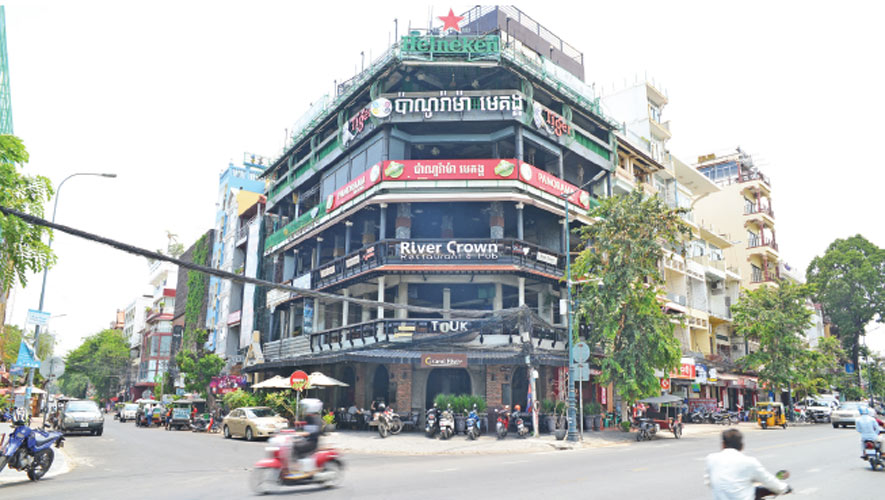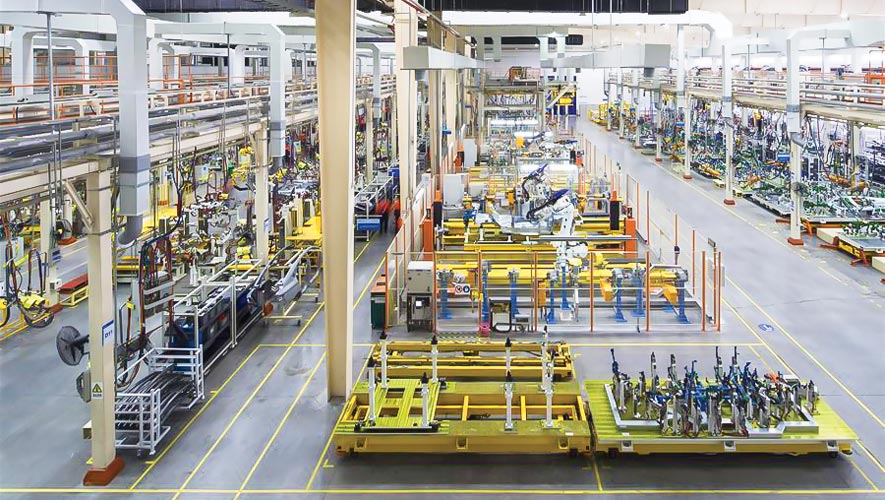The Mekong River or “mother of the water” is a transboundary river in Southeast Asia connecting China from its origin in the Tibetan highlands to Cambodia and Vietnam, where it flows into a delta. From China to Vietnam, the Mekong River is the lifeblood of Southeast Asia and offers a glimpse into the long history and diverse cultures of the region. The Mekong is the 12th longest river in the world and the seventh longest in Asia. It flows through six countries, starting from powerhouse China, politically-isolated Myanmar (Burma), self-confident Thailand, still-undeveloped Laos, fast-growing Cambodia, and economically-strong Vietnam.
For the latest Cambodian Business news, visit Khmer Times Business
The “America First” policy and “China Belt and Road Initiative” plus the ongoing US-China trade war have an enormous influence on the Mekong area economically and geopolitically, keeping investors busy over where to invest immediately and or where to invest at a later stage.
Tourism continues to grow slowly in Myanmar, with the overall number of visitor arrivals on the rise. As of October 2018, the total number of arrivals stood at 2.84 million, a slight increase compared to 2.81 million in the same period in 2017. However, the figure includes a significant number of day-trippers who cross from neighbouring China and Thailand to shop and renew visas. In terms of longer visits, approximately 1.24 million people visited in the first 10 months of 2018, up 1.4 percent year-on-year.
In Laos, tourist arrivals rose 8.2 percent to 4.1 million in 2018 from 2017, with 800,000 of them Chinese, which is a growth of 26 percent from a year ago, according to the country’s Information, Culture and Tourism Ministry.
Cambodia has ambitious plans to raise its tourism figures to 12 million by 2025 from six million in 2018 as it builds two new airports in Phnom Penh and Siem Reap while renovating the Sihanoukville airport.
Prime Minister Hun Sen says the new Phnom Penh airport which will be built some 30 kilometres away in Takhmao city, Kandal province, will be partly funded by Chinese loans and create 18,000 jobs. The $1.5 billion airport is expected to accommodate Airbus A380-800s and Boeing 747-800s.
The coastal city of Sihanoukville used to be a sleepy town in southwestern Cambodia, popular with backpackers known for its beaches, and home to Cambodia’s only deep-water port. It has already undergone an immense transformation, thanks to the increase in Chinese investments. Locals have nicknamed the town “Macau 2” because of its enormous amount of casinos.
Thanks to the BRI, this town has been reshaped into a casino hub pulling tourists and foreign investment, enabling the economy to boom.
Of course, not everyone is happy with the rapid development because hundreds of family-owned businesses have pulled down the shutters in the past year. Many were also evicted from their homes as landlords preferred to lease properties to Chinese businessmen who can pay three to five times the asking price.
On the other hand, there are many benefits from Chinese money flowing into Sihanoukville in the form of job opportunities. Attracted by the casino salaries and bonus packages, many locals have moved to the growing port city from the rural heartlands.
Sandwiched between the two tourism giants Vietnam and Thailand, Cambodia has had its prospects buoyed by a young workforce, most of whom were born after the peace process in the early 1990s, following years of Khmer Rouge’s bloody reign and the war with Vietnam. This young workforce is eager to be educated, and become the backbone of the tourism industry.
Real estate developer Yuetai International Group’s chief executive officer Sam Yang says, “The Cambodian population is dominated by the young, which we call ‘the demographic dividend’ that will push the real estate market forward in Cambodia”.
And this is exactly the strong motivation over investments in the tourism sector, and why Cambodia is a highly recommended destination for this type of investments among the five nations, sans China, in the Mekong region.
Benjamin is a business consultant based in China




